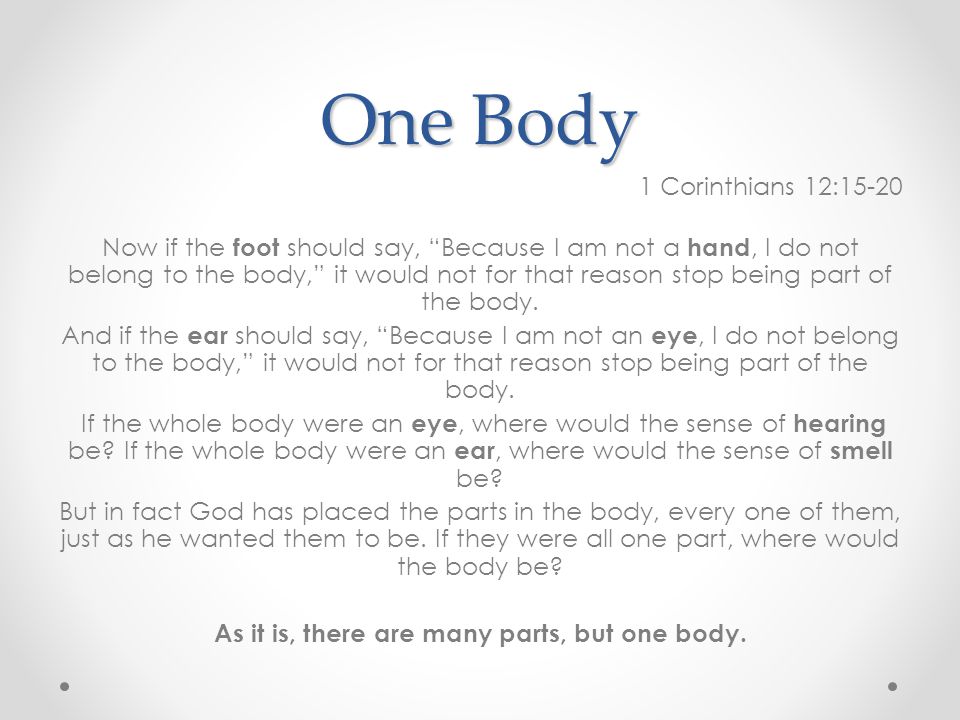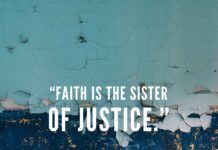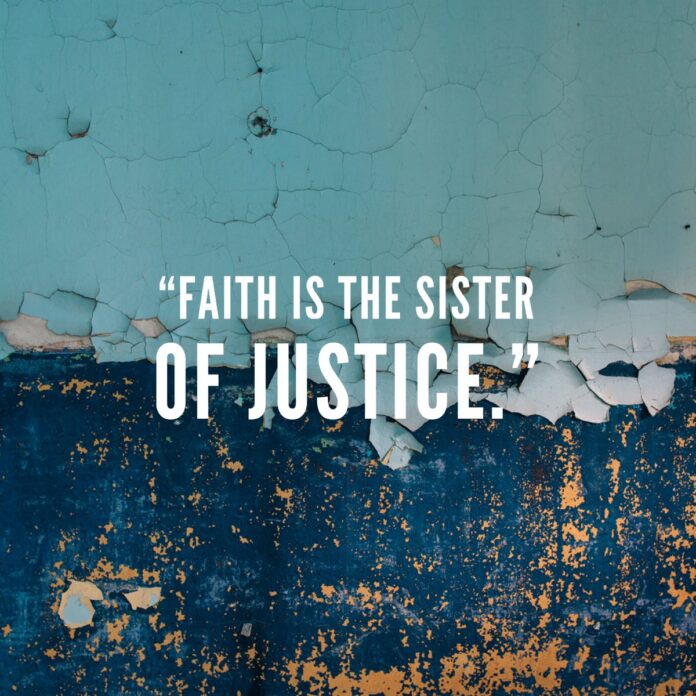Those who represent ordinary people understand that faith is important to our concept of justice. Many of our modern civil justice principles emanated from narratives told in a religious or philosophical context thousands of years ago.
An old Latin proverb, Justitiae soror fides, teaches that “Faith is the sister of Justice.”
The Pali Canon, sacred scriptures to Theravada Buddhists, admonish to do good — be just.
An Islamic proverb proclaims that one hour of justice is worth a hundred of prayer.
Confucius was once asked: “What do you say concerning the principle that injury should be recompensed with kindness?” He responded, “With what then will you recompense kindness? Recompense injury with justice, and recompense kindness with kindness.”
When the law is administered properly, the law serves as “our guardian.” Galatians 3:24. The law is good. 1 Timothy 1:8.
Justice under the law means full accountability. You’ll find in the letter to Paul the principle that anything less than full justice is injustice; that if man shall abide by all of the law but fail to enforce one small part of it, he shall have failed to deliver justice. A verdict for ninety percent justice would contain within it 10 percent injustice. We cannot divide justice. It is not possible to render partial justice without partial injustice.
Justice means valuing people as whole living people; not in parts; not in pieces; not according to one’s job, age, abilities, or the contents of our wallet. Scripture makes clear that each person is one of a kind. He said “I wish above all things that you prosper and be in good health, just as your soul prospereth.” 3 John 2. You cannot injure only part of a man. There are many parts, but one body:

Ecclesiastes teaches “nothing is better for people than to be happy and to do good while they live.” So, in America, we empanel a jury to act as the conscience of the whole community on these, the most serious of all damages: the impairment of the enjoyment of living. There is no better place to safekeep this power. It is a power reserved only for the people – not politicians, not the government, not corporations or insurance companies. Only we, the people, forming a jury of peers are entrusted to measure the full weight of injustice that a family has been left to live with. We are our brother’s keeper.
Some have suggested Jesus was critical of lawyers and the justice system. In truth, the full context of the criticism that He expressed while dining with the Pharisees was of those lawyers who would seek to burden men down, do not help them, twist the words of the innocent, hoard wealth, and claim a monopoly on knowledge and power that is not used to do what is right and just. This criticism of lawyers is aimed at those who do not “learn to do right, seek justice, defend the oppressed, take up the cause of the fatherless, plead the case of the widow.” Isaiah 1.

A false balance is an abomination to the Lord,
but a just weight is His delight.
When pride comes, then comes disgrace,
but with the humble is wisdom.
The integrity of the upright guides them,
but the crookedness of the treacherous destroys them.
Proverbs 11:1
“The path of the just is as a shining light, that shineth more and more unto a perfect day.” Proverbs 4:18.
I have quoted from the Bible a great deal because I am deeply involved with the philosophy of the Bible. To be clear, I am not suggesting that one needs to be religious to act righteously or follow their conscience. The ability to conceptualize justice has been recognized throughout human history, across all different faiths and societies. All of us have the inherent capacity to distinguish right from wrong, to sense justice and reconcile injustice. It comes from within. Full justice begins first in hearts and minds. Romans 2:15.
Our sense of justice, whether passed down or innate, is a universal human experience independent of all laws, all politics, and all institutions. Reason is our soul’s left hand, Faith her right.
Martin Luther King, Jr. said the arc may be long, but it bends toward justice. The principle of justice, that defining aspect of the human spirit that experiences outrage and seeks to make things right, is found even at the beginnings of human history recorded in our most sacred and ancient scriptures, guiding and protecting us for centuries.
















